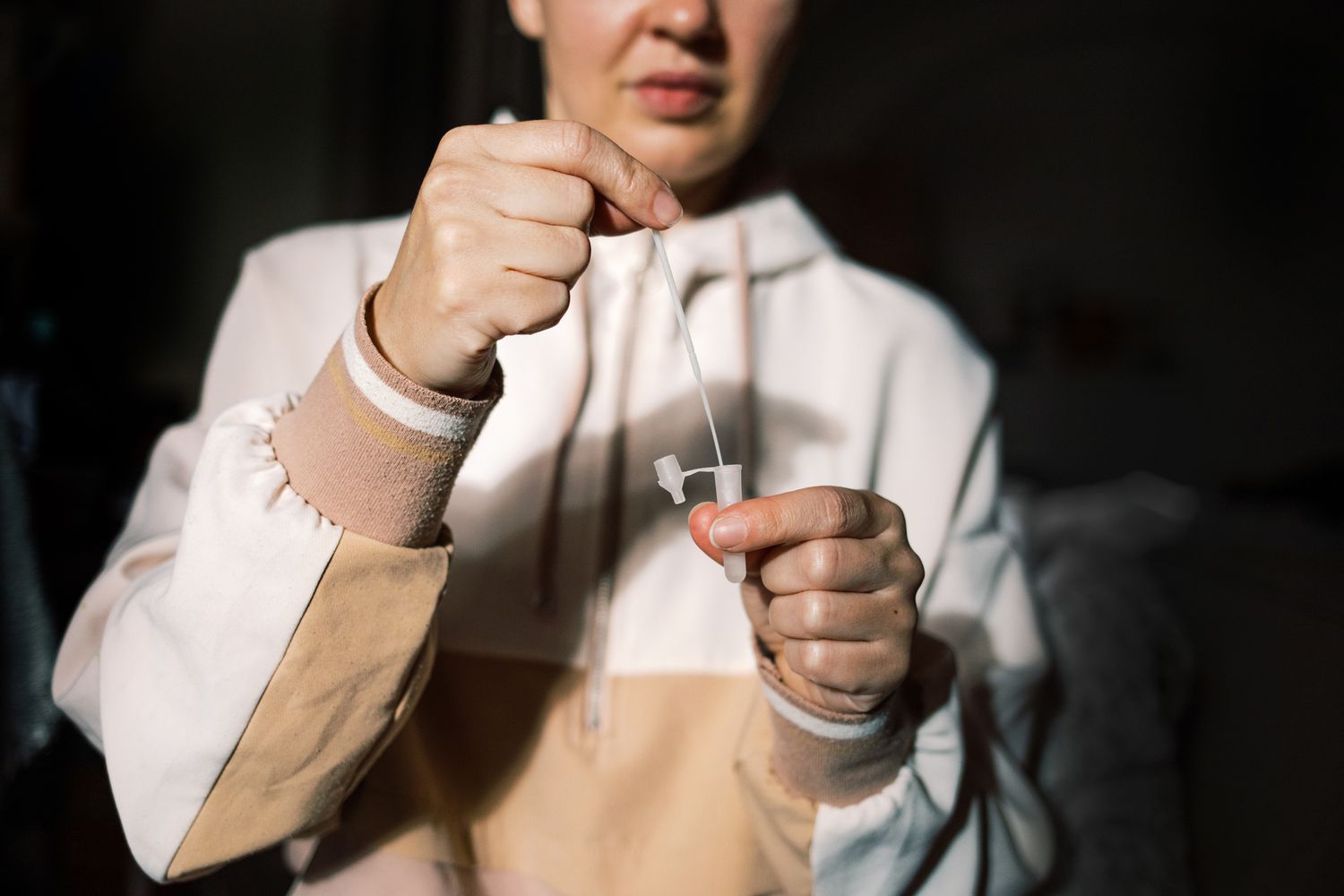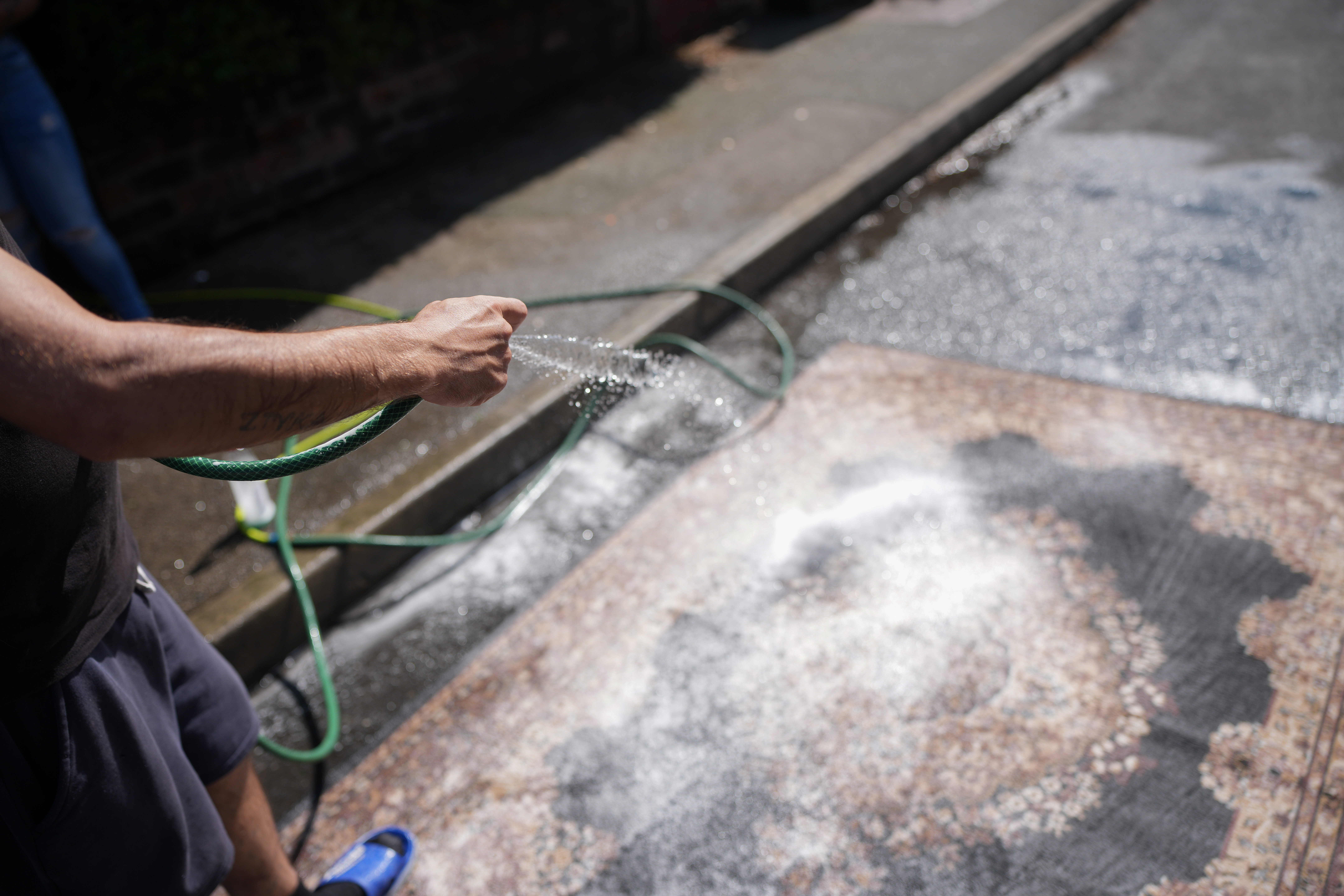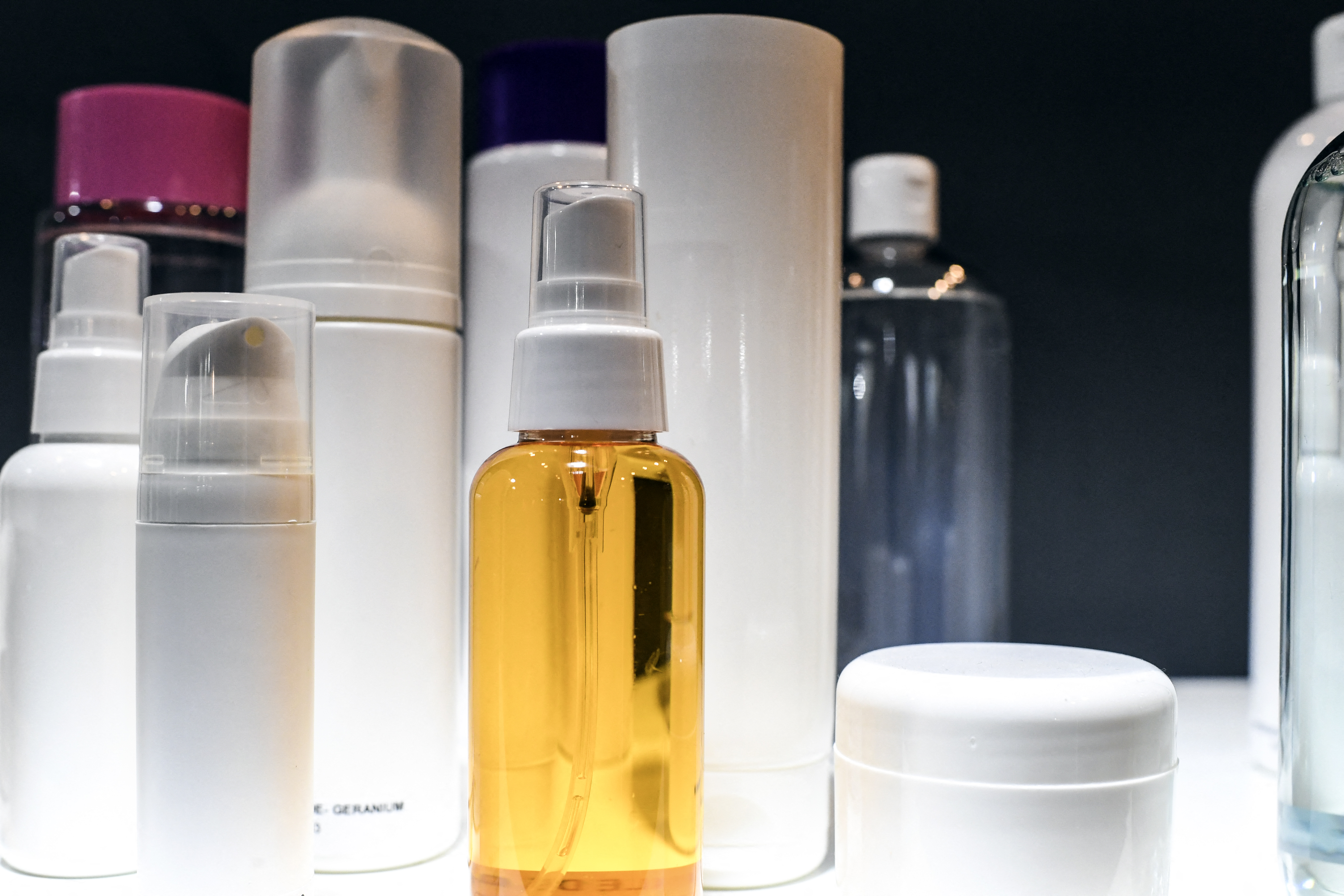FDA Alert: At-Home COVID Tests Recalled due to Risk of Bacteria Infection for Over 500,000 Tests

Last week, the Food and Drug Administration (FDA) announced the recall of more than 500,000 at-home COVID-19 tests due to potential bacterial contamination in the liquid solution used for the tests. The affected tests are the SD Biosensor, Inc. Pilot COVID-19 At-Home Tests, which were distributed by Roche Diagnostics. The FDA advises anyone who has purchased any test with an affected lot number, listed on the FDA's announcement, to stop using them and dispose of them immediately.
The recalled COVID tests were primarily distributed to CVS, but some were also distributed to Amazon. While it is unclear how many of these tests were actually purchased by consumers, the FDA has not yet received reports of any "injuries, adverse health consequences, or death" associated with the at-home tests.
The bacteria found in the liquid of some of these tests, such as Enterococcus, Enterobacter, Klebsiella, and Serratia, are commonly found in the intestinal tract of humans and other animals. While these bacteria are not usually aggressive pathogens and are not frequently acquired in the community, some strains can cause problems such as urinary tract infections or infections related to hospitals. This means that infection from any of these bacteria may be a concern, particularly for those who are immunocompromised.
A spokesperson for Roche, the distributor of the affected tests, said that SD Biosensor Inc., the manufacturer of the Pilot COVID-19 At-Home Test, informed them of the issue during routine quality assurance testing. William Schaffner, MD, professor of infectious diseases at Vanderbilt University Medical Center, believes that some problem occurred during the manufacturing process of the tests, leading to their contamination.
While it is unlikely that a person will get an infection from these tests, it is probable that contamination will affect the tests' accuracy in detecting COVID-19. This may result in false negative or positive results. As such, the FDA, as well as SD Biosensor and Roche, is urging customers to check the lot numbers on their Pilot At-Home COVID Tests to ensure their products are not among the recalled, and throw away any possibly contaminated tests. Those who have used one of these recalled tests in the past are advised to be on the lookout for any possible signs of infection and retest if the test was taken less than two weeks ago. People can also request a replacement test from Roche or report any suspected issues from using the tests.
The FDA is currently reviewing the recall of these Pilot At-Home tests, and will clarify the specific recall risk in the future. In the meantime, Roche has asked all retailers and distributors of the affected tests to “quarantine” them as the FDA continues to investigate, the company spokesperson told Health.
When it comes to general advice about at-home COVID tests, it’s always important to pay attention to expiration dates and other safety information about the products a person is using. It’s also incredibly important to wash hands before and after using a COVID test, Dr. Schaffner added.
And it’s always good advice, he said, to use the tests as directed.




